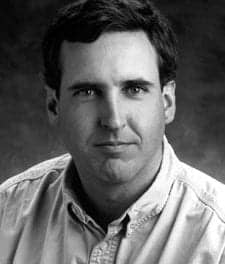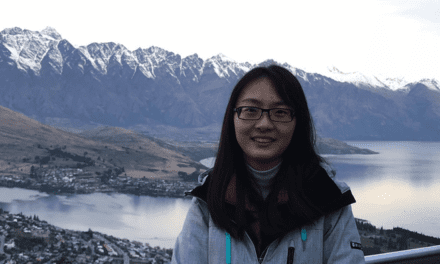San Francisco — The McKesson Foundation announced the six recipients of $1.3 million in research grants as part of its "Mobilizing for Health" initiative to improve the health of underserved populations with chronic diseases through the use of mobile-phone technology. The grants, of up to $250,000 each, will support studies on diabetes care and management at six esteemed U.S. institutions. The Mobilizing for Health grant program dedicates $1.5 million annually to research grants and field-building activities, such as mobile health conference support and other mHealth field building activities.
Mobile health, or "mHealth," is a term used for the practice of medicine that relies on wireless devices, such as mobile phones, PDAs and remote monitoring devices, to improve patient care.
The studies will examine a range of mobile-health technology options from sending simple SMS text messages to patients to remind them to take their medications to a comprehensive mobile phone-based software program that is integrated with patients’ electronic medical records. Each study will be completed within one year, several will test bilingual (Spanish and English) messaging strategies, and all are designed around patient populations served by community health clinics.
"These studies are part of an ongoing Foundation effort to tie innovative technologies to low-cost, scalable health solutions in order to better help patients manage their chronic conditions," noted Carrie Varoquiers, president of the McKesson Foundation. "Through initiatives like Mobilizing for Healthsm, the McKesson Foundation is committed to increasing access to affordable, high-quality healthcare for all."
The first cycle of Mobilizing for Health grant recipients are:
- Joshua Cohen, MD, and Neal Sikka, MD, of George Washington University
SMS messaging to reduce emergency department visits for people with diabetes - Samir Patel MD, of George Washington University
Enhancing diabetes and hypertension self-management: A randomized trial of a mobile phone strategy - Lawrence Cheskin, MD, FACP, of Johns Hopkins Bloomberg School of Health
Tailored Rapid Interactive Mobile Messaging (TRIMM) for weight control among the underserved - Kevin Clauson, PharmD, of Nova Southeastern University
Pilot study to assess the impact of SMS/text messages on medication adherence for Type 2 diabetes - David Lindeman, MSW, PhD, of the Public Health Institute
Patient-centered mHealth: New horizons in diabetes care at Family Health Centers of San Diego - Sanjay Arora, MD, Michael Menchine, MD, and Anne Peters, MD, at the University of Southern California
Improving diabetes care for low-income Latino patients in the Los Angeles County healthcare system
SOURCE: McKesson




